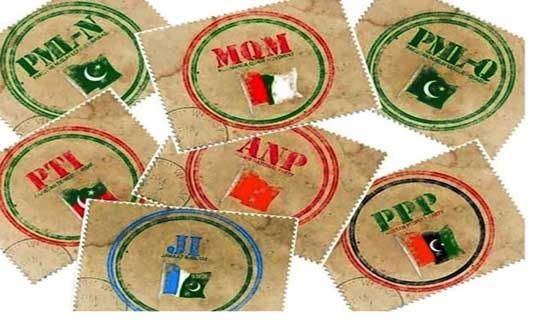Today we will just discuss on Political Parties upon Education in Pakistan. In Pakistan, education has not received the attention and resources it deserves, despite being a fundamental human right. The economic survey from 2021-22 indicates a slight improvement in the literacy rate, from 56% in 2025-24 to 57%. However, the situation at the primary level is alarming, with enrollment below 70% and a 30% dropout rate before basic literacy skills are acquired. With Pakistan ranked 163rd out of 180 countries in literacy, it’s clear that the country is struggling significantly in the education sector.
Economic Investment in Education
The financial commitment to education is insufficient, with only 2.6% of the GDP allocated to this vital sector in the 2025-24 budget. Despite political promises, such as the PPPP’s pledge to allocate 5% of GDP to education, actual investment remains low. This underfunding is a critical barrier to improving educational outcomes.

Political Manifestos and Education
Although political parties are required to present their educational policies in their election manifestos, these documents often lack substance and specificity, particularly on education. The reliance on committees and task forces has resulted in few actionable recommendations, and frequent government changes have further destabilized the education sector.
Historical Overview of Educational Policies
Pakistan has made several attempts to reform education, focusing on various goals such as Islamic ideology, character-building, and universal primary education. However, the instability of national educational policies, due to frequent regime changes, has hindered sustained progress.
Promises vs. Reality: Government Efforts in Education Reform
From Bhutto’s pledges in the 1970s to Nawaz Sharif’s goals in the 1990s, numerous governments have promised significant educational reforms. However, political upheaval and changes in government priorities have often derailed these initiatives before they could be fully implemented.
The Path Forward: Commitment and Action Needed
For Pakistan to overcome its educational challenges, a strong political will and a genuine commitment to education reform are essential. This includes prioritizing education in political manifestos, allocating sufficient resources, and ensuring effective implementation of policies. Engaging communities, addressing policy contradictions, and focusing on long-term educational goals are critical steps toward meaningful reform.
Conclusion: Investing in Pakistan’s Future
Education reform in Pakistan is not merely a political obligation but an investment in the nation’s future. Achieving substantial improvements requires collective effort, dedication, and a strategic approach to address the systemic issues plaguing the education sector. By prioritizing education, Pakistan can ensure that all citizens have the opportunity to contribute to the country’s growth and development. This is complete details about Political Parties upon Education in Pakistan.

Helpful blog, bookmarked the website with hopes to read more!